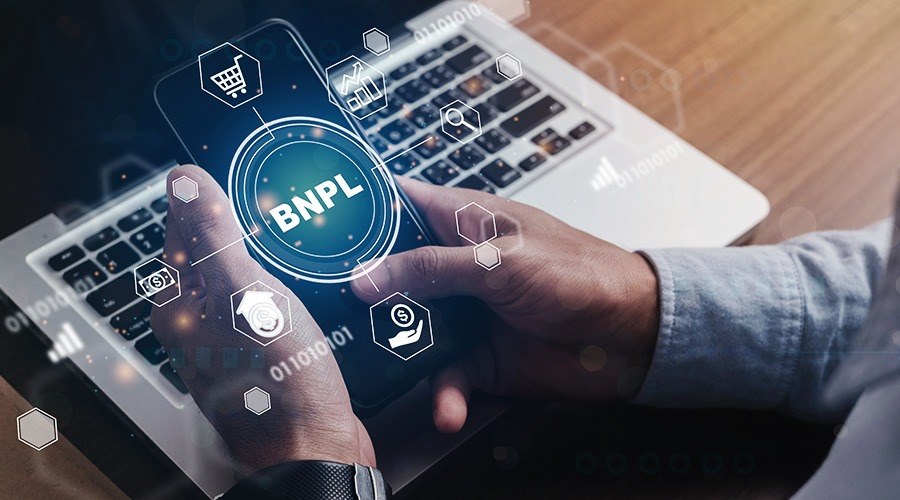BNPL Service Promises Instant Gratification
BNPL services promise instant gratification by splitting purchases into small installments, making them seem more like an extension of one's budget rather than debt.

BNPL (Buy Now, Pay Later) services promise instant gratification by splitting purchases into small installments, making them seem more like an extension of one's budget rather than debt. However, there's an inherent paradox: is BNPL a gateway to responsible financial behavior or a debt bomb for the new generation?
The Rise of BNPL Cannot Be Ignored
Disillusioned with traditional credit cards and burdened with student loans, Millennials and Generation Z are flocking to these services. The convenience is undeniable. With just a few clicks, a purchase is completed, and the cost burden seems deferred. But it's this very convenience that raises concerns. Traditional credit cards, with their physical presence and monthly statements, constantly remind consumers of their spending. BNPL, seamlessly integrated into the online shopping experience, might sever this crucial link, blurring the line between needs and wants.
The Consumer Financial Protection Bureau (CFPB) seems to agree. Their recent interpretive rule clearly states that BNPL providers must adhere to the same regulations as credit card companies, including dispute investigation, refunds, and regular billing statements. These seemingly mundane requirements play a critical role: injecting a dose of financial reality into a world of instant gratification.
BNPL Battlefield: User Behavior & Platform Design
Can BNPL providers strike a balance between convenience and transparency? Imagine BNPL being seamlessly integrated into budgeting apps, automatically allocating funds for upcoming payments. During the checkout process, educational prompts could remind users of their overall financial situation.
The responsibility doesn't rest solely on BNPL providers. Consumers, especially young people new to credit, need to possess financial literacy. Understanding interest rates, the dangers of impulsive buying, and the importance of budgeting is crucial. Financial education, traditionally limited to high school classrooms, needs to become an ongoing conversation embedded in the online shopping experience.
But it goes beyond that. Retailers, benefiting from increased sales facilitated by BNPL, also have a role to play. Responsible marketing, emphasizing prudent consumption habits, and clearly communicating fees and interest rates are essential.
Promoting Responsible Financial Behavior
Promoting responsible financial behavior isn't about a single regulatory hammer but a collaborative effort among regulators, BNPL providers, retailers, and most importantly, consumers.
For Millennials and Generation Z, already burdened with student loans and facing an uncertain economic future, responsible use of BNPL can be a powerful tool for managing finances. However, misuse could exacerbate existing debt issues.
Disclaimer: The views in this article are from the original Creator and do not represent the views or position of Hawk Insight. The content of the article is for reference, communication and learning only, and does not constitute investment advice. If it involves copyright issues, please contact us for deletion.